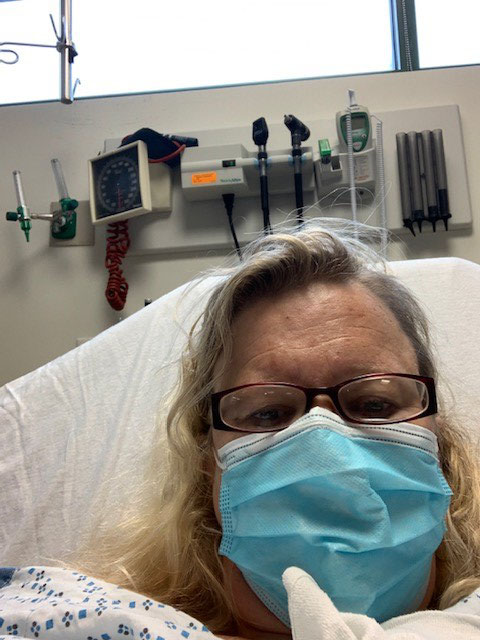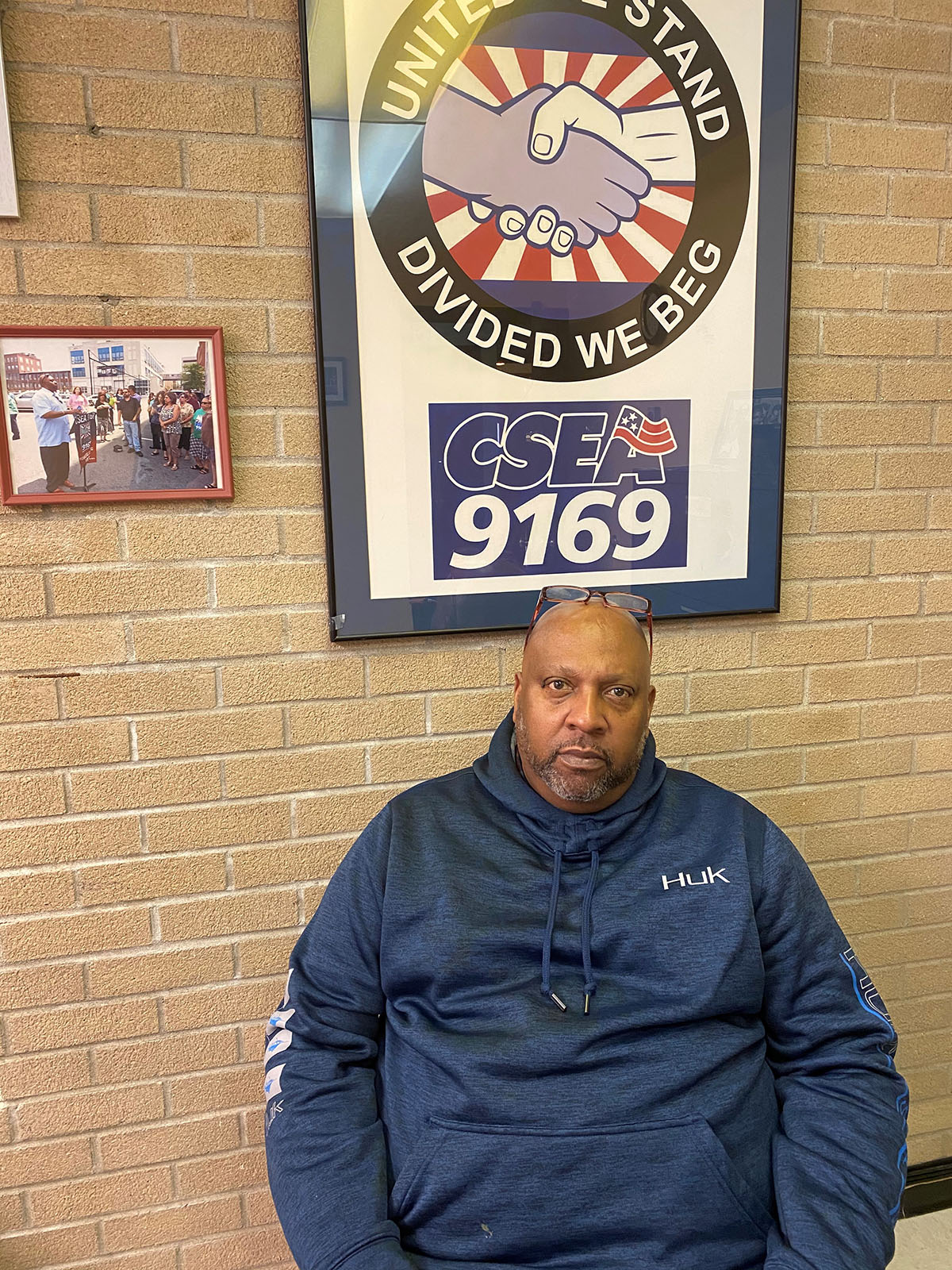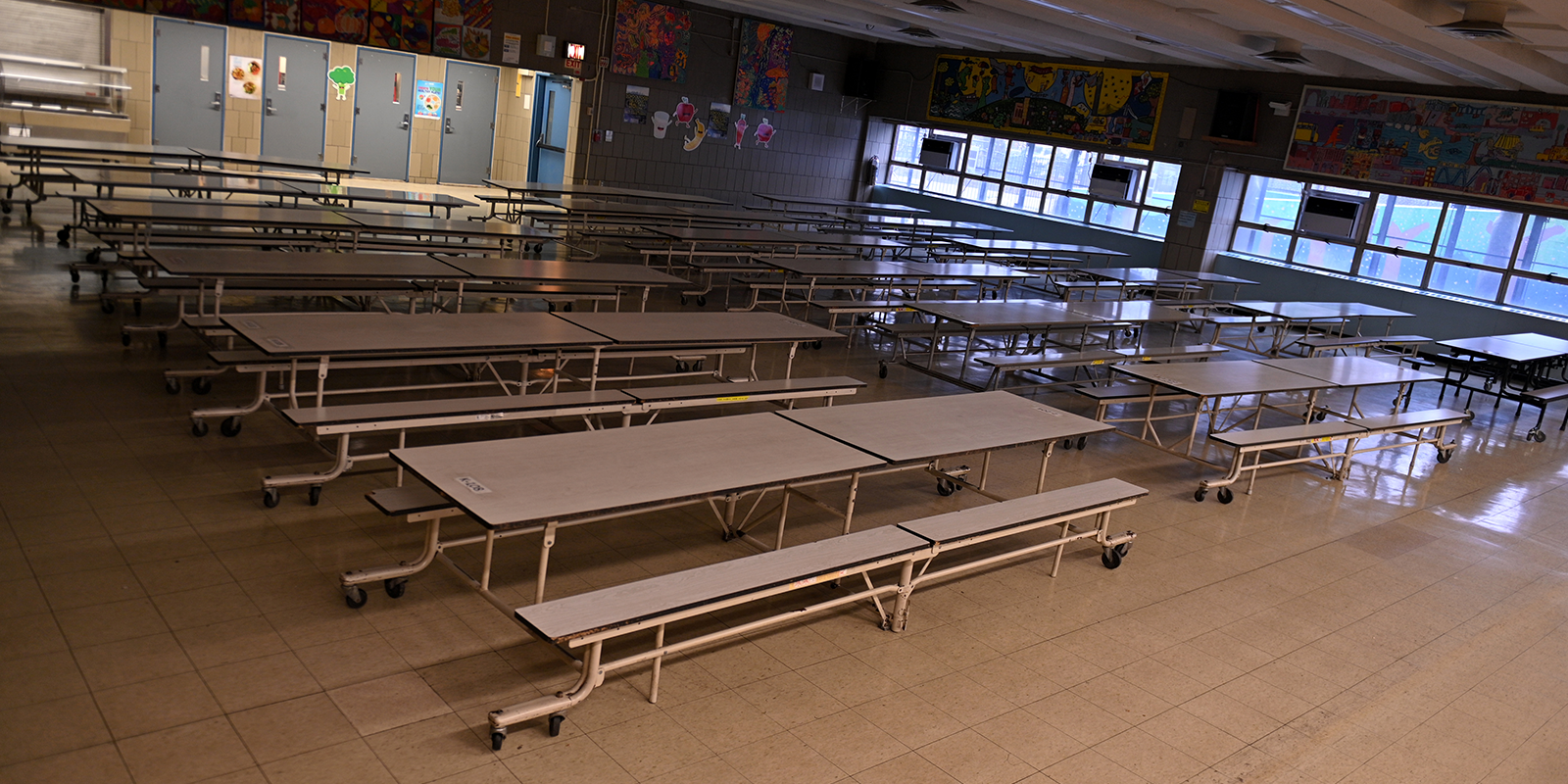
In Yonkers, New York, the president of CSEA Unit 9169/Local 860, Lionel Turner, said the past week has been “a real struggle.” In White Plains, New York, the president of White Plains Public School Unit 9236/Local 860 Adele Herzenberg described the past week as a “whirlwind.”
Both local leaders represent school employees across a range a job categories, from custodians to bus drivers to teacher’s aides and cafeteria workers, and many more. The coronavirus pandemic has led to great uncertainly for their members – about the shifting nature of their jobs, new roles they might have to take on, and about whether some of them might even get paid.
It has also united their members in solidarity and purpose as they serve on the front lines of the fight against the coronavirus in the greater New York City area – which is becoming the epicenter of the global pandemic.
In Yonkers, one of the biggest worries has been getting workers paid during the school closures.
“I represent 1,500 members,” said Turner, a head custodian. “We have nurses, safety officers, IT workers, school aides, food service and bus monitors. It’s really challenging because the leadership of the school district doesn’t want to pay [many of these hourly workers] since school shut down because of the coronavirus.”
Turner pointed to the situation facing bus monitors as an example of the hardships his members face: “The bus monitors are with the kids first thing in the morning. They’re the last person the kids see at the end of the day. Money is in the budget, but the district won’t pay them. Where’s some humanity for people who don’t even make $25,000 a year?”
For many of Unit 9169’s members, a missed paycheck can mean eviction or worse.
Turner and his members were undeterred and undaunted. They went on the radio, to the newspapers and took to Facebook to amplify their voices, which were heard loud and clear.
Last week, an agreement was reached to pay CSEA employees during the coronavirus school closures, and they will continue to receive their benefits.

Meanwhile, in White Plains, New York, Unit 9236 President Adele Herzenberg, who herself is in quarantine after potential COVID-19 exposure, continues to fight for her members – teacher’s aides, teacher’s assistants, custodians and other school workers. She found herself seeking answers to what the pandemic means for the range of different jobs her members perform.
A recent order issued by New York Gov Andrew Cuomo means many of Herzenberg’s members may continue to serve on the front lines in slightly different roles. That created anxiety and fear, but also a sense of duty and dedication.
“Soon, we’re going to be handing out food to students, while the custodial staff has to stay ahead of things: every time someone enters [a school], it requires a deep cleaning process,” she said.
Despite the uncertainty, Herzenberg said, “I could not be prouder of how our custodial staff – and all of our members – have worked through this. While only a few with medical issues and those being tested [for COVID-19] have not come in, the rest have agreed to come in. It’s really been amazing.”
Soon, teacher’s aides and teacher’s assistants may be required to serve as ad hoc teachers for the children of first responders in temporary classes, based on another order by Cuomo.
Whether in White Plains or Yonkers, Hawaii or Florida, AFSCME members will continue to serve their communities, working through the danger, while continuing to fight for fair treatment they deserve. Now more than ever, it’s time for the federal government to provide expanded aid to state and local governments and invest in robust public services.
